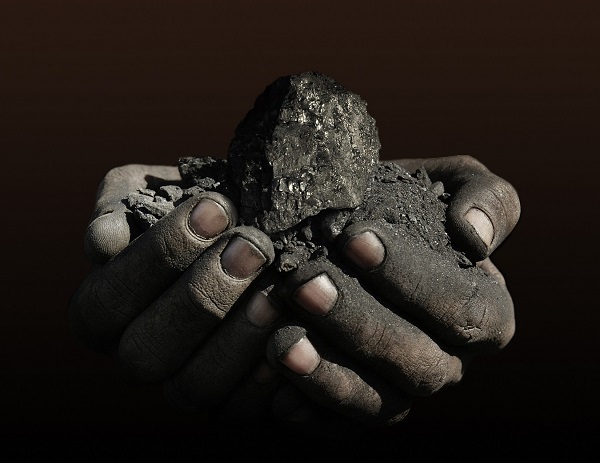
Fairtrade Lëtzebuerg has accused the European Union of favouring profit at the expense of people following the political agreement reached by EU institutions regarding a regulation to supervise the European trade of minerals from conflict zones.
In a statement released on Monday, the Luxembourg organisation explained that the extraction and trade of minerals has been linked to conflicts and human rights abuses, including massacres and child exploitation, around the world. The EU is a major destination for minerals, which are imported as components in everyday products such as mobile phones and computers, engines and jewellery.
Although the EU institutions have recently reached an agreement on a regulation to ensure that mineral imported into the EU are responsibly sourced, following several months of negotiations, Fairtrade Lëtzebuerg has claimed that the agreement is a step in the right direction but is not enough to achieve the ultimate objective. It criticised European legislators for giving in to the demands of big companies, by excluding the scope of the regulation's application from the vast majority of European companies selling minerals.
Iverna McGowan, Director of the Office of Amnesty International to the European institutions, has called the decision "a timid initiative of regulation of the trade of minerals from conflict zones, which will require only importing companies of minerals in raw form to perform basic checks," adding: "The EU is required by international law to protect human rights, but it only fulfills half of its obligations. Investors and consumers in Europe will still not have the certainty that the companies with which they do business behave responsibly. This law will change little - too little."
According to Fairtrade Lëtzebuerg, by agreeing to exempt these companies from these obligations, the EU is rechurning the tired voluntary standards system and is merely expressing a hope that such businesses will choose to procure minerals responsibly without actually requiring them to do so.
"European laws are now less restrictive than other countries, the EU is becoming the weak link in the mineral supply chain," explained Michael Gibb of Global Witness. "This agreement is important but the EU should go much further to take advantage of a unique opportunity to really change things."
"The hope of the people of Central Africa to have a European ally was partly destroyed with the decision of the European States," stated Jean-Louis Zeien, president of Fairtrade Lëtzebuerg. "The goal of elimating conflict minerals from our supply chains, to reduce immense suffering, endless wars and human rights violations resulting from the extraction and ore trade can not be achieved through this European regulation, despite the fact that a first step had been achieved. This measure will not eradicate the sources of conflict and is not consistent with the sustainable development goals (SDGs) that each State and institutional body are supposed to take into account in their policy choices."
The agreement provides for an evaluation of the effectiveness of the regulation a few years after its entry into force.
People who continue to suffer the consequences of irresponsible trade, and civil society organisations around the world will turn their attention to European governments to ensure that the settlement keeps its promises so that Europe and its companies contribute to global progress to make the minerals supply chain more transparent, accountable and sustainable in Luxembourg.
Fairtrade Lëtzbuerge announced that it has made several calls, alongside the Cercle de Coopération, Action Solidarité Tiers Monde (ASTM), Caritas Luxembourg and Bridderlech Deelen, to politicians to ask for the adoption of an ambitious position in defending a binding text, to which they have reportedly received no reply.
A letter was sent to the Minister of Foreign and European Affairs, Jean Asselborn, in February earlier this year asking him to reveal the government's position on this issue. According to the NGO's, this request remains unanswered.
Photo by Shutterstock








